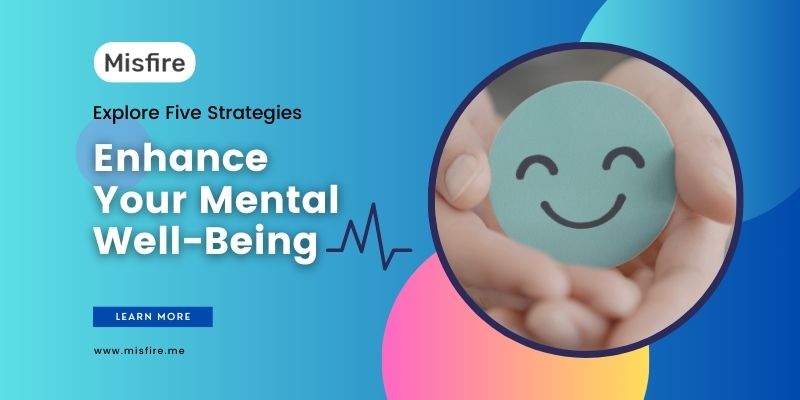Prioritize Self-Care: Nourish Your Mind and Soul
Mindful Moments
Self-care isn’t just a trendy hashtag; it’s essential for mental well-being. Incorporate mindfulness into your daily routine. Spend a few minutes each day being present, whether it’s through intentional coffee sipping, short meditations, or mindful breathing. These practices ground you, reduce stress, and improve overall mental health.
Physical Health
Your physical and mental health are deeply interconnected. Regular exercise, balanced nutrition, and sufficient sleep are critical. Aim for at least 30 minutes of physical activity most days. Even activities like dancing can be beneficial. Proper nutrition fuels your brain, while adequate sleep allows your mind to rest and rejuvenate.
Boundaries
Setting boundaries is crucial for mental health. Learn to say no when necessary to protect your energy and well-being. Establishing boundaries helps prevent burnout and preserves your mental resources, much like a dragon guarding its treasure.
Connect with Others: We’re All in This Together
Quality Time
Humans are inherently social creatures. Spend quality time with loved ones, engaging in meaningful conversations and shared experiences. These connections can provide emotional support and reduce feelings of loneliness. Physical touch, like hugging, can also release oxytocin, promoting feelings of happiness and comfort.
Join Communities
Find communities that align with your interests. Whether it’s a hobby club, a support group, or an online forum, connecting with like-minded individuals can reduce isolation and foster a sense of belonging. Engaging in shared activities and interests can boost your mood and provide a supportive network.
Practice Gratitude: The Magic Elixir for Your Mind
Gratitude Journal
Keeping a gratitude journal can have profound effects on your mental health. Each day, write down three things you’re grateful for, no matter how small. This practice shifts your focus from negative to positive aspects of your life, promoting a more optimistic outlook and enhancing overall happiness.
Express Appreciation
Show appreciation to those around you. Acknowledge the contributions of others, whether it’s a friend, family member, or even a stranger. Expressing gratitude strengthens relationships and creates a positive ripple effect, enhancing both your well-being and that of others.
Learn Stress Management Techniques: Because Life Throws Curveballs
Breathing Exercises
When faced with stress, use breathing exercises to calm your mind and body. Slow, deep breaths can activate your parasympathetic nervous system, reducing the physical effects of stress. Imagine inhaling peace and exhaling tension, helping you regain control and clarity.
Progressive Muscle Relaxation
Progressive muscle relaxation involves tensing and then releasing different muscle groups. This technique can help reduce physical tension and promote relaxation. It’s a practical tool to manage stress and can be done anywhere, making it a versatile addition to your stress management toolkit.
Infuse Joy into Your Days: Because Adulting Can Be Overrated
Creative Outlets
Engage in activities that bring you joy and allow you to express yourself. Whether it’s painting, playing an instrument, or writing, creative pursuits can be therapeutic and invigorating. They provide an outlet for emotions and a break from daily stressors.
Nature Time
Spend time in nature to rejuvenate your mind. Nature has a calming effect, reducing stress and enhancing mood. Whether it’s a walk in the park, a hike in the mountains, or simply sitting in your backyard, nature can provide a sense of peace and grounding.
Enhancing your mental well-being is an ongoing journey. Be patient and compassionate with yourself, celebrate small victories, and remember that prioritizing your mental health is a vital investment in your overall happiness and quality of life. If you need additional support, consider exploring mental health resources available to you.

